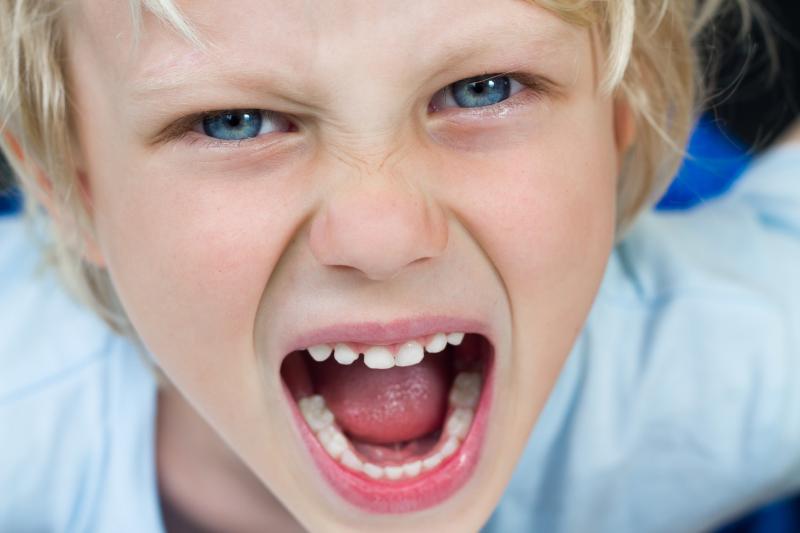
Paediatric patients with lower urinary tract dysfunction (LUTD) often present with psychiatric disorder, and this comorbidity tends to go unnoticed, according to a study. A short screening test may easily detect psychological problems in this population.
The study included 156 children with LUTD, among whom 76 had overactive bladder (OAB), 53 had dysfunctional voiding (DV), 14 had primary bladder neck dysfunction (PBND) and 13 had underactive bladder (UAB).
Psychiatric disorder was diagnosed in 46 children (29.4 percent). In this group, 32 children had an externalizing while 14 had an internalizing disorder. Most of the those with externalizing disorders were aged between 6 and 11 years (87.5 percent), whereas internalizing disorders were seen equally in younger and older age groups. The most common psychiatric problem documented was attention deficit hyperactivity disorder (ADHD; 16.1 percent).
The LUTD subgroup with the most frequent psychiatric disorders was UAB (53.8 percent), followed by PBND (35.7 percent) and OAB (28.9 percent).
To date, most of the studies investigating the relationship between the lower urinary tract and psychiatric disorders have focused on the lower urinary tract symptom (LUTS; such as night-time or daytime incontinence) and ADHD, researchers noted. The present data demonstrate that around a quarter of children with LUTD also have comorbid psychiatric disorders.
Therefore, the researchers urged that patients with LUTS undergo the short screening test for psychological problems, along with routine urinary system examination and tests, for comprehensive diagnosis and treatment of this population.